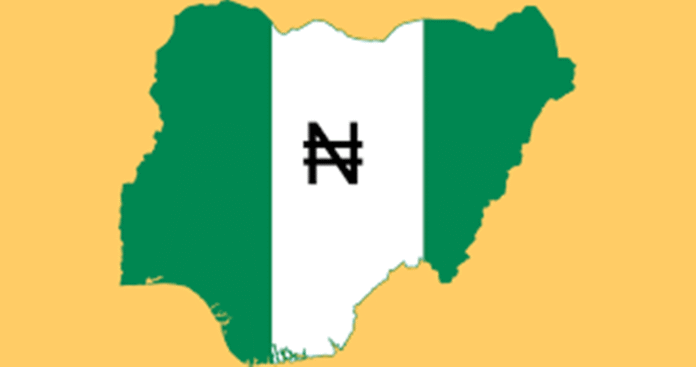Sheriffdeen Tella
A $1tn economy is measured by its gross domestic product, which refers to the total value of goods and services produced within the country in a given period, usually a year. Such economies are major global economies and global players due to their significant size and influence. Our President must be enamoured with such categorisation and believe Nigeria should belong to such a club. That is “Lagos boy” shakara. But there is nothing wrong with belonging to such a club. Actually, nothing is wrong with being so ambitious. After all, Nigeria is likely to have the highest number of political parties in Africa, though not in the world, with 171 political parties presently seeking registration with the Independent National Electoral Commission! India has over 2,000 parties!
As of early 2024, approximately 19 countries were categorised or valued at $1tn or the “trillion-dollar club”, using their nominal gross domestic product. Over the years, countries entered the Trillion-dollar club, but not all the members are $1tn economies. Some belong to $2-5tn, but one $1tn is the least. The present membership alphabetically is Australia, Brazil, Canada, China, France, Germany, India, Indonesia, Italy, Japan, Mexico, Netherlands, Russia, Saudi Arabia, Spain, United Kingdom, United States, and Turkey. The United States was the first country to reach a $1tn economy, and that was in 1969, while Japan joined in 1978; Germany, 1986; France, 1988; the UK, 1989; Italy, 1990 and China in 1998.
Every continent in the world is represented here except Africa, which is reputed to have the largest natural resources in the world! Fortunately, a country cannot declare itself a member of the $1tn club! You have to work for the membership. Why should Nigeria not be the first African country to join the club? We have played major socio-political and economic cum liberation roles in Africa before our economy succumbed to corruption and our political leadership embraced selfishness and self-serving with cluelessness and oppression (using poverty as the instrument) as the hallmark of governance.
Many of the other countries joined the club in this millennium. For instance, Canada, India, Russia, Brazil, South Korea, Mexico, Spain, and Australia were recorded to have their GDP reaching the trillion dollar mark between 2004 and 2007, while Indonesia joined in 2017, Iran and the Netherlands in 2021, Saudi Arabia in 2022, Turkey, 2023; and Switzerland in 2025. Of course, the United States is the world’s biggest economy with a GDP of $30,507tn, according to the World Economic Outlook Report published by the IMF.
The top 10 largest economies in the world are the USA, China, Germany, Japan, India, the United Kingdom, France, Italy, Canada, and Brazil. Actually, Brazil, where the President just returned, became a $2tn economy in 2010. Hopefully, President Tinubu learnt some lessons on economic growth and development from Brazil. The highest trillion-dollar economies in categorisation so far are the $30tn economy, where only the USA belongs, while three economies have attained $19tn economy. These are the European Union (2008), the United States (2018), and China (2025). This means that the United States has since left others behind.
There are indications that the Chinese economy will be the largest by 2030. Albeit, the United States is not sleeping. However, if we use GDP based on purchasing power parity or how much a unit of a country’s currency can buy relative to another country using the same currency, say dollar, China is the number one economy with 40.72 GDP (PPP) per capita while that of the United States is 30.51 and followed by India 17.65, forming the top three, based on 2024 data. Of course, a country cannot declare itself as a member of the $1tn club. It is an international call.
It is noted that using the GDP adjusted for purchasing power parity is considered limited when we measure financial flows between and among countries, as well as when we compare the quality of goods among countries. However, the United Nations Human Development Index used to gauge global poverty thresholds is based on PPP. Wikipedia explained that “the trillion dollar club is an unofficial classification of the world’s major economies with a gross domestic product of more than $1tn per year.
A cursory look at the characteristics of the countries within the $1tn bracket shows that the economies are strong in productivity and production, physical and human capital accumulation, high saving and tax rates, stable macroeconomic policy, low import dependent for production, high export of goods and service, strong and stable currency, high literacy level, low infant mortality and high life expectancy. The checklist is fairly long, but with these primary ones, we can assess how close Nigeria is to the club. One clear indicator is that it is not the ability to generate $1tn that taxes and tariffs can bring. Rather, it is how to generate that amount based on productivity and production, which are derivatives of some other variables.
Punch






























































